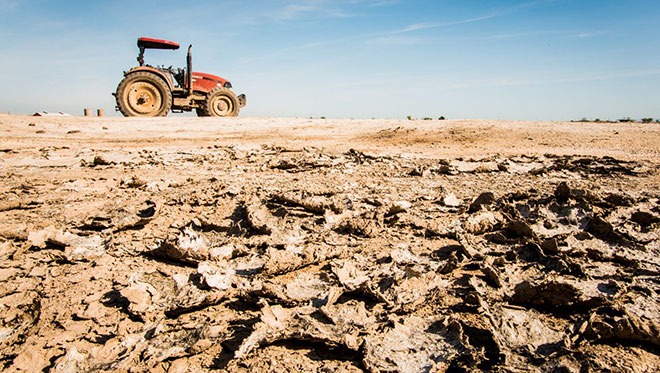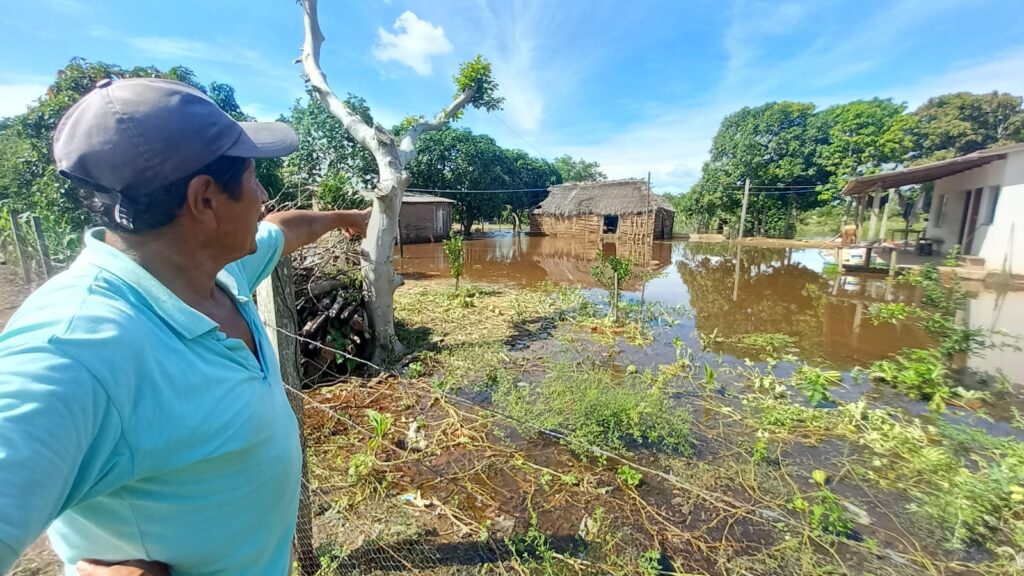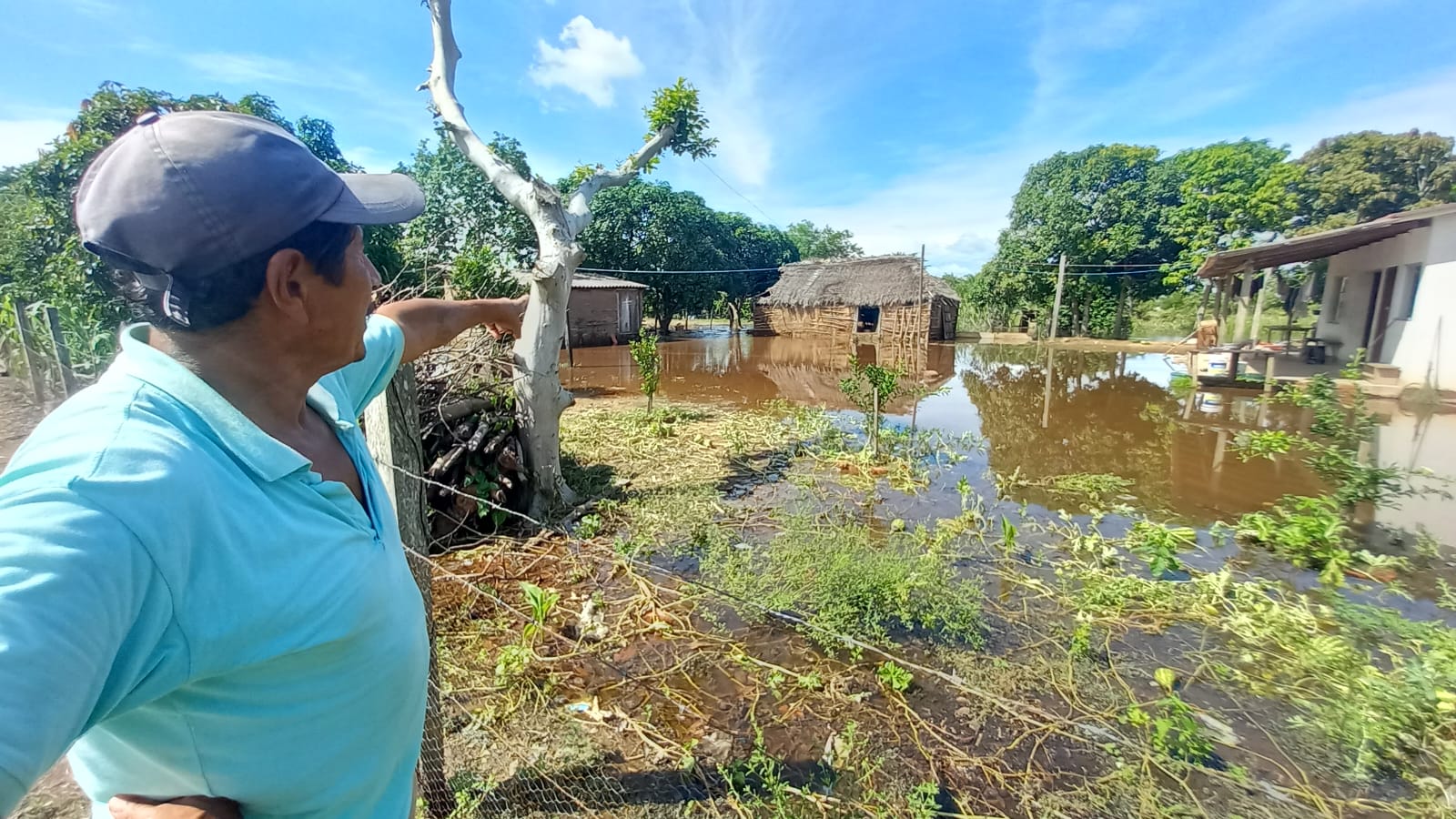EXECUTIVE SUMMARY
Climate change, aggravated by patterns of prolonged droughts and floods, has increased the exposure of vulnerable communities to waters contaminated with pathogens and toxic agents. In the Sierra Nevada de Santa Marta, a Biosphere Reserve recognized by UNESCO, 300 families from the Narakajmanta indigenous community face this risk, with their health compromised and their ancestral conservation practices threatened. The “Climatically Integrated Health Management in the Colombian Andean Mountains” program seeks to address these multifaceted challenges through the implementation of comprehensive health strategies.
Statistically, in areas similar to the Sierra Nevada, up to 35% of gastrointestinal diseases are associated with the ingestion of contaminated water, with prevalence of pathogens such as Escherichia coli, rotavirus and norovirus. The consequences include acute diarrhea, which affects 60% of children under 5 years of age, and cases of cholera, which can have a mortality rate of up to 50% if untreated. The presence of chemical agents aggravates the situation, causing chronic conditions such as liver and kidney damage.
The adaptation and equipment of a first aid health center is a key strategy of the program. This center will specialize in the rapid and precise treatment of poisoning due to contaminated water, with modern water diagnosis and purification equipment. The goal is to reduce associated morbidity by 40% and mortality by 30% in the first two years of operation.
However, diagnosis and treatment are only part of the comprehensive approach. The environmental consequences of water pollution, such as the loss of aquatic biodiversity (up to 20% in the last 5 years) and the alteration of river ecosystems, will be addressed through conservation practices. The Narakajmanta community, ancestral guardians of the Sierra Nevada, will be trained in sustainable methods of water resource management and conservation techniques, with the objective of recovering 15% of aquatic biodiversity in a period of three years.
Socially, the impact of these diseases is devastating. Absenteeism from work and school in affected communities can reach up to 45%, affecting the economy and education. Therefore, the program also focuses on health education, seeking to reduce absenteeism by 25% by training the community in hygiene and water care practices.
In conclusion, the “Climately Integrated Health Management in the Colombian Andean Mountains” program presents a multifaceted approach to address the challenges of climate change in one of the most important reserves in the world. By integrating medicine, conservation and education, it seeks not only to improve the health of the Narakajmanta community, but also to preserve their ancestral heritage and the unique ecosystem of the Sierra Nevada de Santa Marta.
Keywords: gastrointestinal diseases, climate change, droughts, floods, indigenous community




+ There are no comments
Add yours